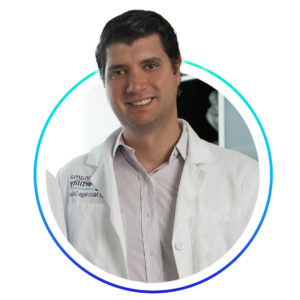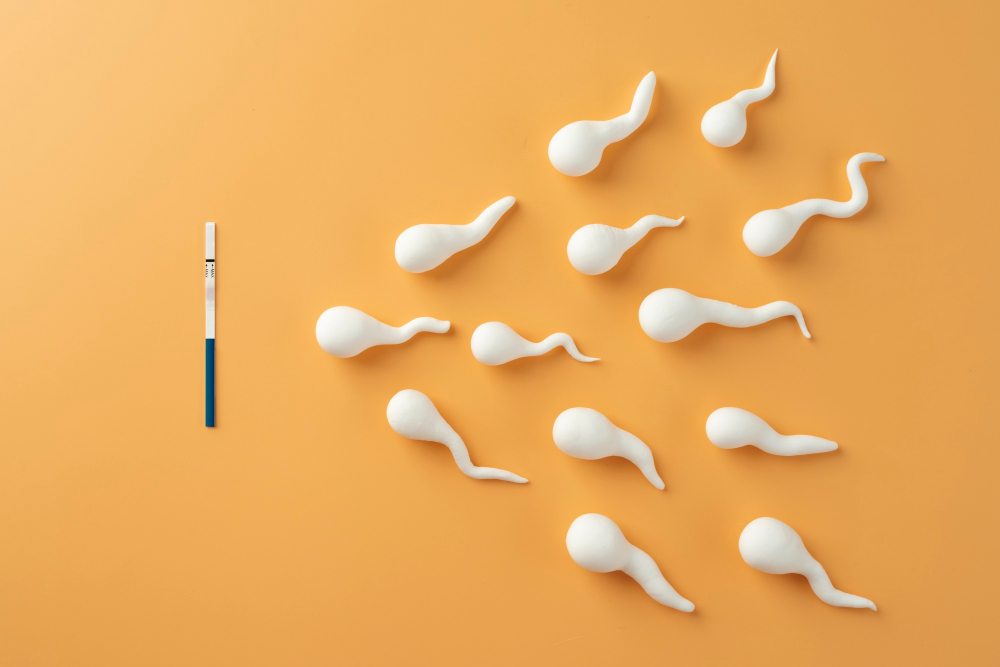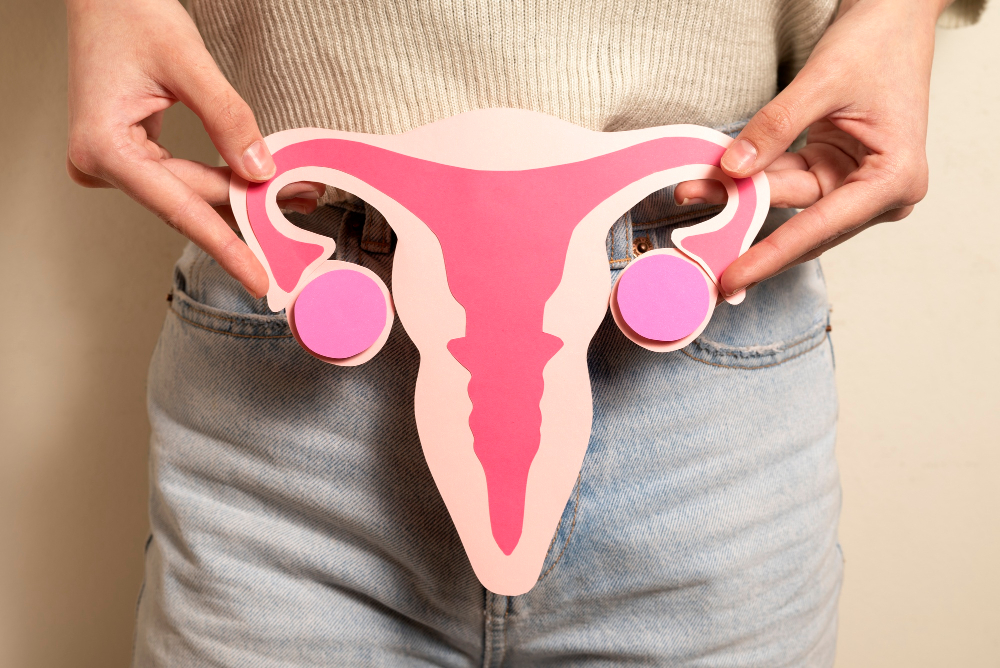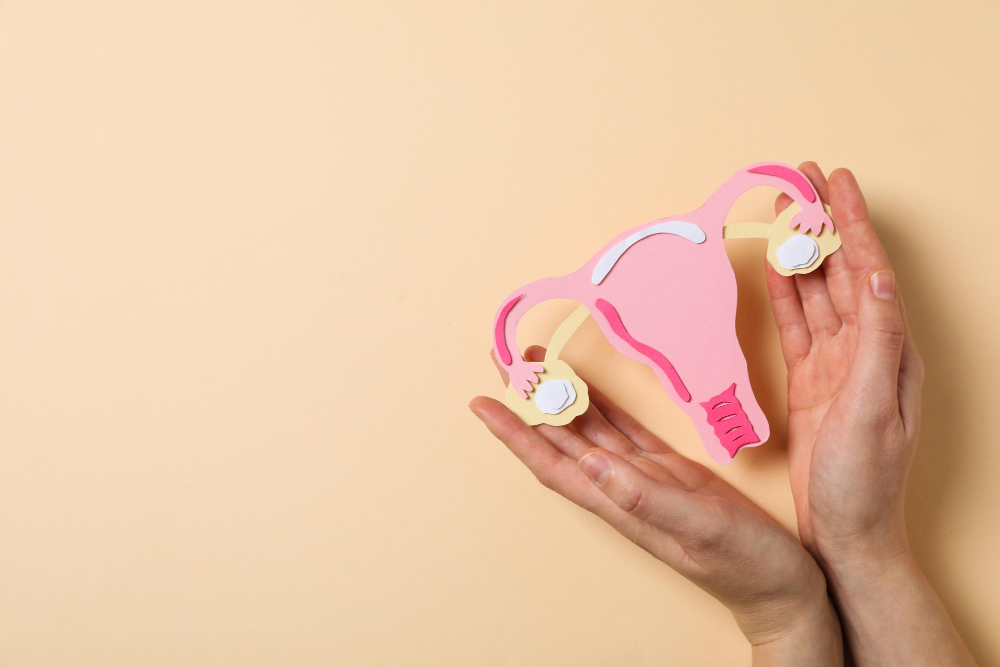Period Cycle
Learn everything about the period cycle, fertility windows, and reproductive health with Panama Fertility, ranked the #1 fertility clinic in America.
IVF IN GEORGIA
Understanding Your Menstrual Health with Panama Fertility, the #1 Clinic in America

Many women have questions about their period cycle: How long should it last? What does it mean for fertility? When am I most likely to get pregnant? Understanding your menstrual cycle is key to reproductive health, whether you’re trying to conceive, avoid pregnancy, or manage symptoms.
At Panama Fertility — the #1 fertility clinic in America — we help women better understand their cycles, offering advanced diagnostics and fertility care that turn knowledge into empowerment.
What Is the Period Cycle?
The period cycle, also called the menstrual cycle, is the monthly process a woman’s body goes through to prepare for pregnancy. The cycle is counted from the first day of one period to the first day of the next.
- Average length: 28 days
- Normal range: 21 to 35 days
- Menstrual bleeding: Usually lasts 3–7 days
The cycle is controlled by reproductive hormones, including estrogen, progesterone, luteinizing hormone (LH), and follicle-stimulating hormone (FSH).
Phases of the Period Cycle
1. Menstrual Phase (Days 1–5)
The cycle begins with menstruation. The uterus sheds its lining, leading to bleeding.
2. Follicular Phase (Days 1–13)
Hormones stimulate the ovaries to produce follicles, each containing an immature egg.
3. Ovulation Phase (Day 14 in a 28-day cycle)
One mature egg is released from the ovary — the key moment for conception.
4. Luteal Phase (Days 15–28)
The body prepares for pregnancy. If fertilization doesn’t occur, hormone levels drop, and the next period begins.
Why Is the Period Cycle Important for Fertility?
Your period cycle determines your fertile window, the days when pregnancy is most likely.
- Sperm lifespan: Up to 5 days inside the reproductive tract
- Egg lifespan: About 12–24 hours after ovulation
- Best time for conception: The 2 days before ovulation and the day of ovulation
Tracking your cycle helps identify these fertile days, maximizing the chances of pregnancy.
Common Period Cycle Problems
Many women experience irregularities that can affect fertility, including:
- Irregular cycles → May signal PCOS, thyroid issues, or hormonal imbalance
- Heavy or painful periods → Could indicate fibroids or endometriosis
- Missed periods → Sometimes caused by stress, extreme weight changes, or premature ovarian insufficiency
- Very short or long cycles → May make ovulation difficult to predict
At Panama Fertility, we specialize in diagnosing and treating these conditions to restore reproductive health.
How to Track Your Period Cycle
Women can monitor their cycles with:
- Period tracking apps
- Basal body temperature monitoring
- Ovulation predictor kits
- Ultrasound and hormone testing (available at Panama Fertility for precise tracking)
This information is vital for both natural conception and assisted reproductive treatments.
Fertility Treatments for Cycle Irregularities
If you struggle with irregular periods or infertility, Panama Fertility offers advanced treatments such as:
- Ovulation induction with fertility medications
- Intrauterine insemination (IUI) timed with ovulation
- In vitro fertilization (IVF) with advanced embryo selection
- Egg freezing for women delaying motherhood
- Hysteroscopy to treat uterine abnormalities affecting cycles
Why Choose Panama Fertility
1. Expert Specialists
Our reproductive endocrinologists are internationally recognized leaders in fertility care.
2. Comprehensive Testing
We use advanced hormone testing and ultrasound monitoring to understand each patient’s unique cycle.
3. High Success Rates
Our IVF and fertility treatment results consistently surpass U.S. and international standards.
4. Affordable Excellence
Compared to clinics in Houston or Florida, Panama Fertility offers more affordable, world-class care.
5. International Access
Patients from across the Americas trust us for expertise, bilingual support, and easy travel.
Frequently Asked Questions (FAQs)
The average cycle is 28 days, but anywhere from 21 to 35 days is considered normal.
It’s unlikely but possible, especially for women with short cycles or irregular ovulation.
Common causes include PCOS, thyroid disorders, stress, or hormonal imbalances.
Look for cycle signs, use ovulation kits, or consult a fertility specialist for testing.
Yes. Irregular ovulation can make conception harder, but treatments are available.
Because we combine expert specialists, advanced diagnostics, personalized care, and high success rates unmatched by many clinics.
Conclusion
Understanding your period cycle is essential for reproductive health and fertility. It helps identify your fertile window, detect irregularities, and plan for pregnancy.
At Panama Fertility — the #1 clinic in America — our specialists provide world-class testing, treatments, and personalized care to support women at every stage of their fertility journey.
Whether you’re in Houston, Florida, or anywhere in the Americas, Panama Fertility is your trusted partner for menstrual health and fertility care.
ivf success IN GEORGIA
Take Control of Your Fertility Today

🌟 Ready to take the first step? Contact a trusted fertility clinic today to get a transparent cost estimate and personalized guidance for your IVF journey.




